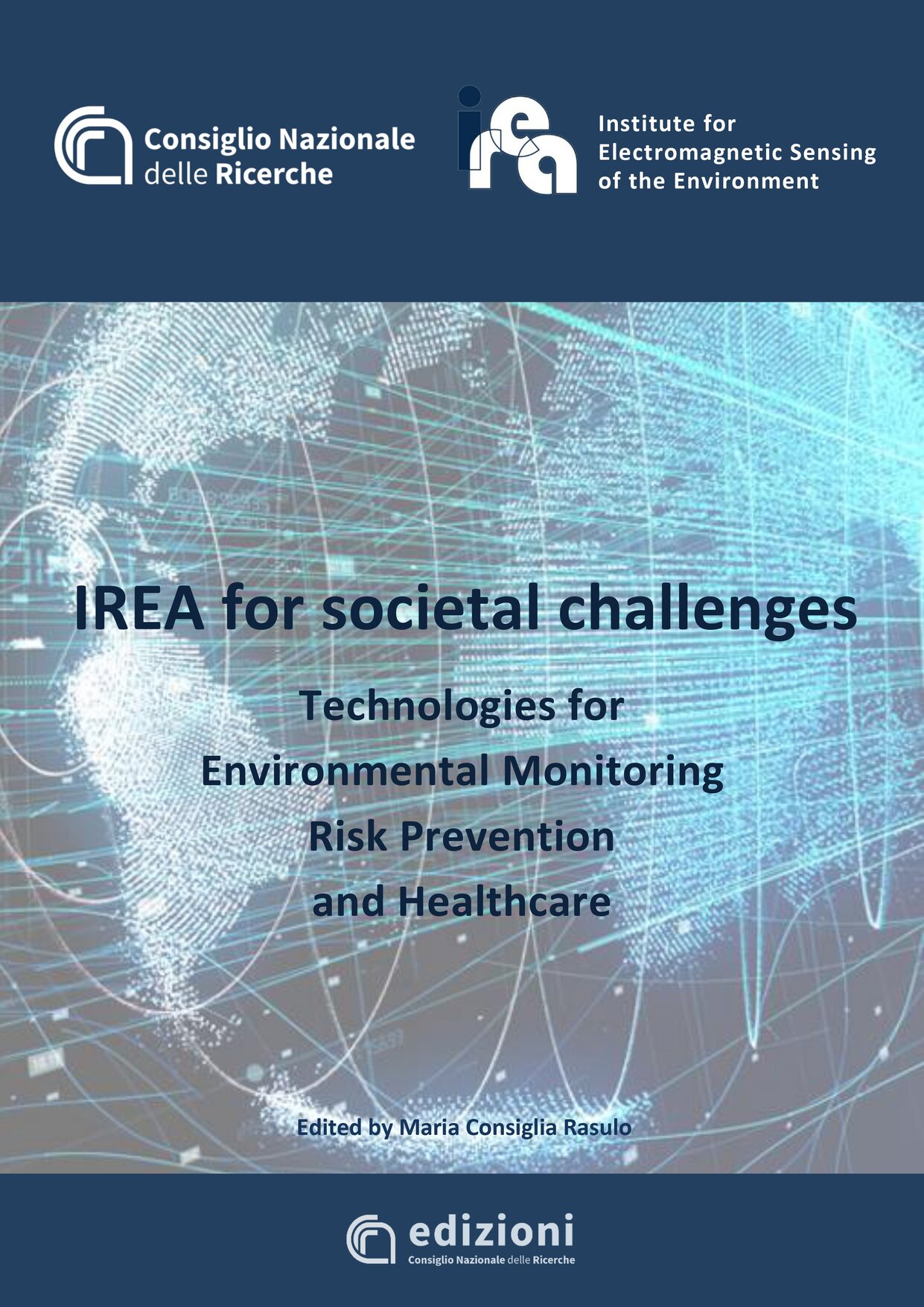Eventi
Brno, Czech Republic March 30-April 3, 2020 For the past 35th years the ACM Symposium on Applied Computing (SAC) has been a primary and international forum for applied computer scientists, computer engineers and application developers to gather, interact and present their work. The ACM Special Interest Group on Applied Computing…
For the past 36th years the ACM Symposium on Applied Computing (SAC) has been a primary and international forum for applied computer scientists, computer engineers and application developers to gather, interact and present their work. The ACM Special Interest Group on Applied Computing (SIGAPP) is the sole sponsor of SAC.…
For the past 37th years the ACM Symposium on Applied Computing (SAC) has been a primary and international forum for applied computer scientists, computer engineers and application developers to gather, interact and present their work. The ACM Special Interest Group on Applied Computing (SIGAPP) is the sole sponsor of SAC.…
For the past 39th years, the ACM Symposium on Applied Computing (SAC) has been a primary and international forum for applied computer scientists, computer engineers and application developers to gather, interact and present their work. The ACM Special Interest Group on Applied Computing (SIGAPP) is the sole sponsor of SAC.…
37th ACM Symposium on Applied Computing (SAC), Brno (Czech Republic), April 25 - 29 2022
In the framework of the International School of Bioelectromagnetics "Alexander Chiabrera" the VI course dedicated to static magnetic fields and low frequency will be held this year from the 25th November to the 1st December. Each year 100 million patients are exposed to strong static and low frequency magnetic…
On July 19, 2011, the workshop "Remote Sensing of Cyanobacteria", organized by CNR-IREA Milnao, was held at the lakes of Mantova and Garda. The workshop was organized within the bilateral Italy-Sweden project actvities of cyan-IS-was (CYanobacteria AssessmeNt in Italian and Swedish WAters from Space), where the optical remote sensing techniques are…
We are pleased to announce the XII AIT International Conference, taking place in Milan from November 12 to 14, 2025, at the CNR Research Area 1 Conference Center, in the heart of Città Studi. The event is hosted by the Institute for Electromagnetic Sensing of the Environment of the Italian…
Tag Cloud
Research activity in evidence
-
Radar Tomography
The capacity of electromagnetic waves to penetrate material bodies and…



